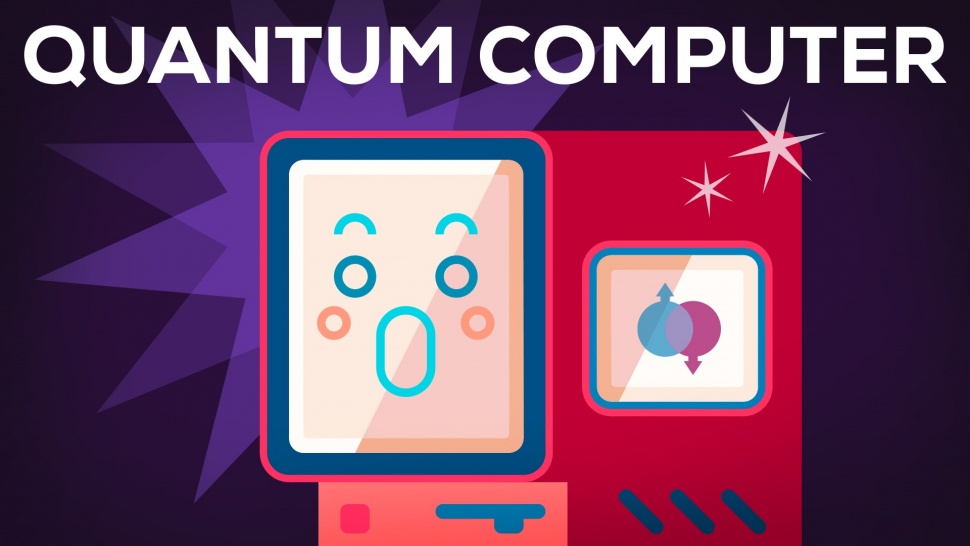Quantum computers use qubits rather than the binary code of 1s and 0s of classic computers. IBM offers access to the latest and largest quantum computing technology, as indicated by the number of functioning qubits.
NC State researchers and students will work directly with IBM scientists, engineers and consultants to pioneer quantum computing in order to solve real-world problems intractable for a classic computer. Quantum computing has the potential to solve large-scale challenges such as molecular modeling, machine learning, physics, materials science, chemical simulations and data discovery.
It may lead to breakthroughs in:
- Creating new medicines and materials.
- Delivering products across the globe with the least amount of fuel.
- Managing risk in constantly fluctuating financial markets.
- Training artificial intelligence
A report recently issued by the National Institute of Standards and Technology (NIST) notes that practical quantum computers, which could be developed in the near future, would be capable of greatly weakening (and, in some cases, rendering useless) existing cryptographic algorithms.
This could result in the need to change, or update, the cryptographic technology used in today’s blockchain systems. The report provides a table, taken from NIST’s 2016 “Report on Post-Quantum Cryptography,” describing the impact of quantum computing on common cryptographic algorithms. In summary, RSA, Elliptic Curve Cryptography (ECDSA and ECDH) and Finite Field Cryptography (DSA) should be considered as no longer secure. AES, SHA-2 and SHA-3 should use larger key and output sizes.
Classic-computing vendors pioneer quantum computing
Along with IBM, other classical computing companies staking a claim in the emerging field of quantum computing include:
Alphabet Inc.’s Google recently said it’s “cautiously optimistic” that its new Bristlecone quantum processor, with 72 qubits, can achieve “quantum supremacy.” Quantum supremacy, or quantum advantage as some call it, will happen when a quantum computer can solve a problem that a classical supercomputer can’t.
Intel announced its 49-qubit quantum test chip named Tangle Lake at CES 2018. The company said Tangle Lake “represents progress toward Intel’s goal of developing a complete-quantum computing system.”
Microsoft CEO Satya Nadella has said that quantum computing, along with AI and augmented reality, are the three technologies most important to its future. Among Microsoft’s quantum-computing efforts, the company is developing a quantum computer that will be a part of its Azure cloud within five years. And it has released a free preview version of its Quantum Development Kit, for those who want to start writing applications for quantum computers.




Share the News